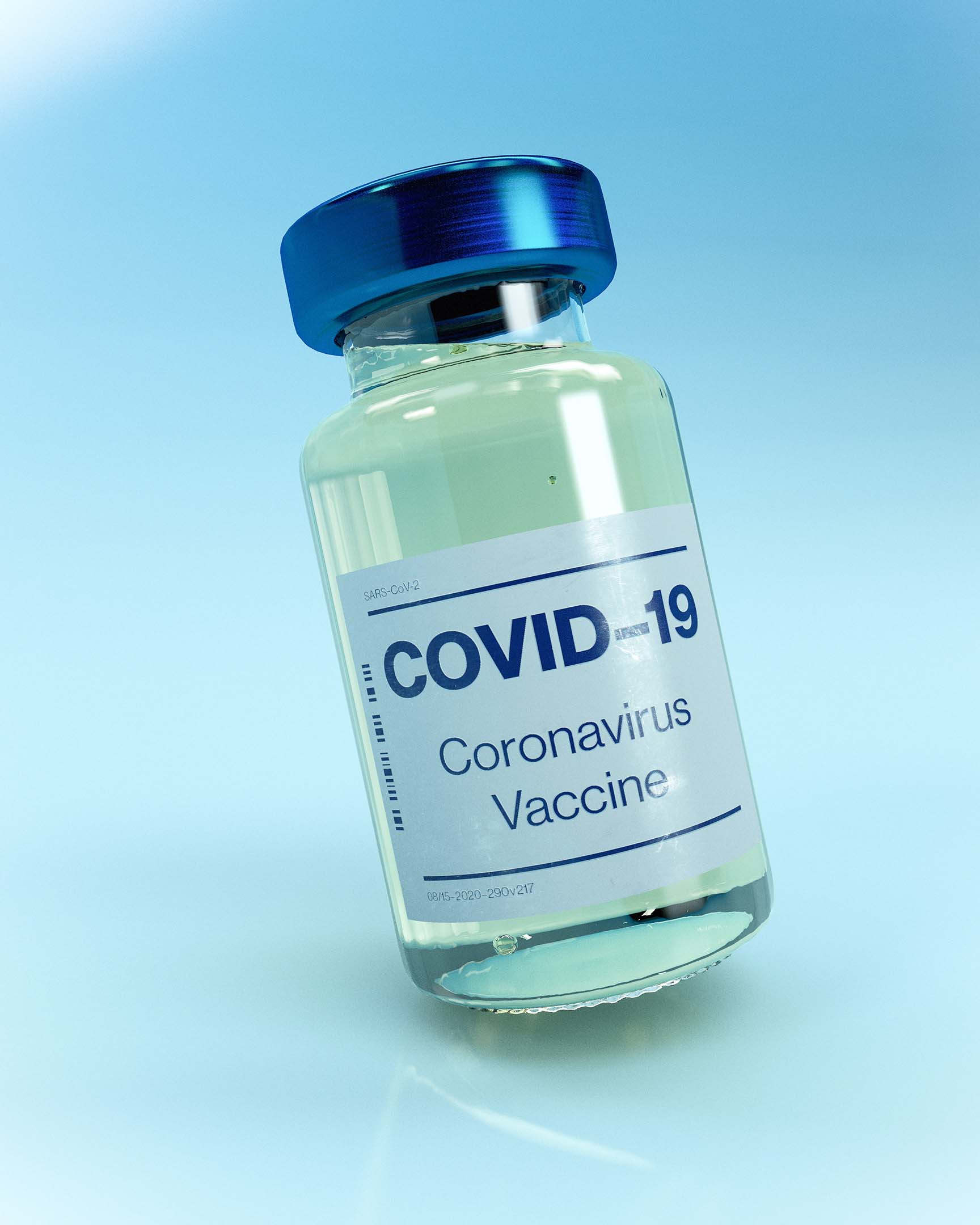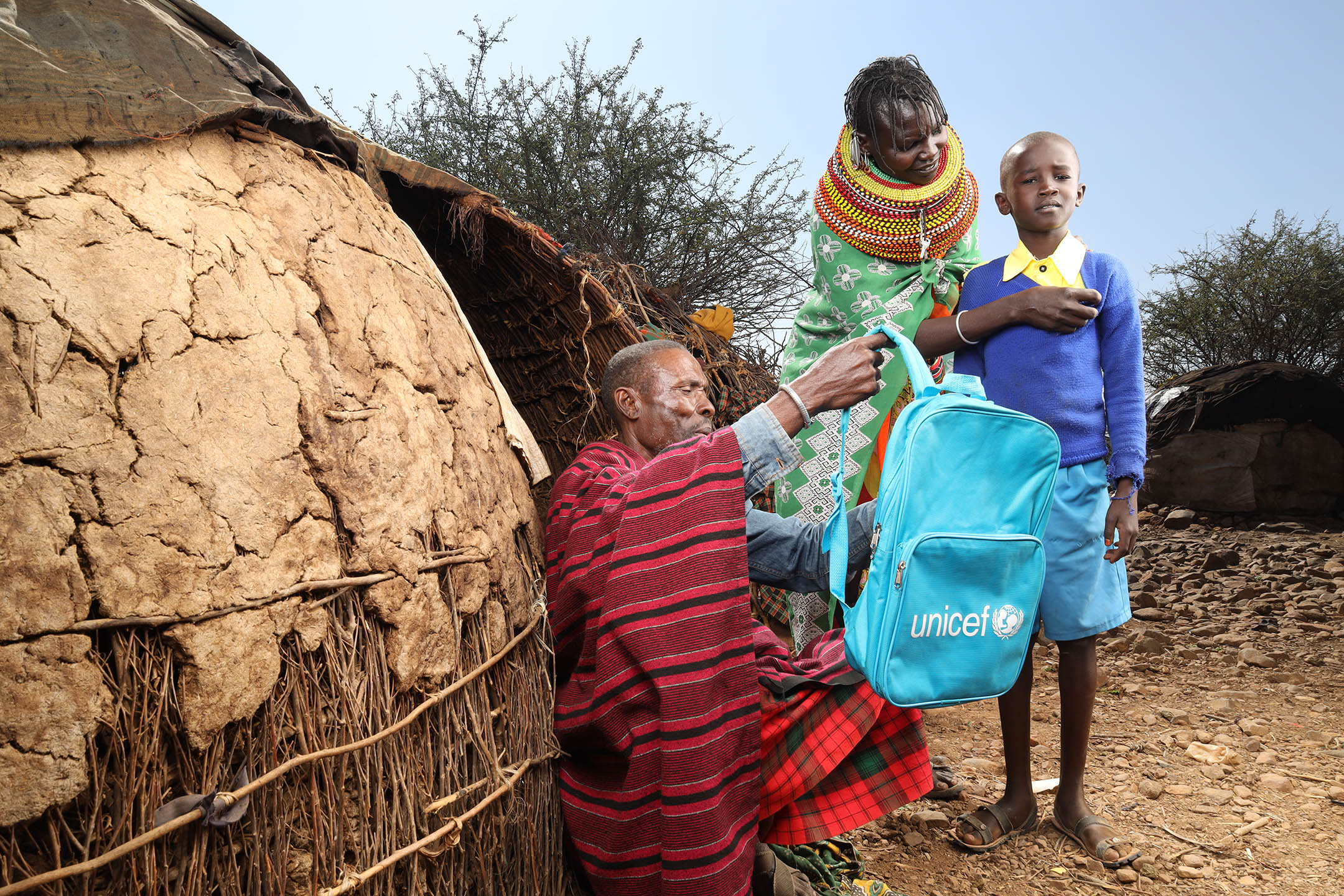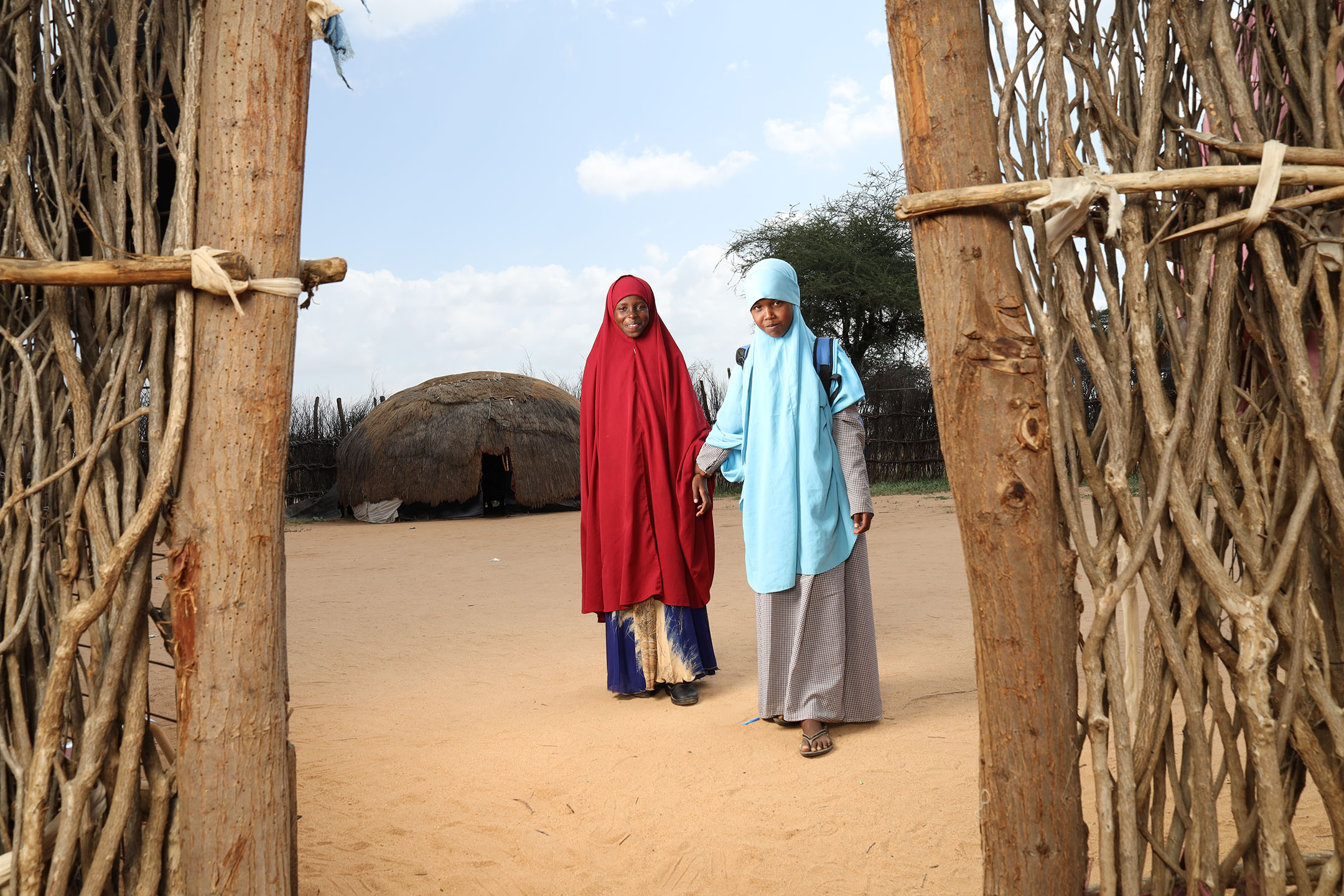According to the World Health Organisation (WHO), COVID-19 has killed almost 7 million people since its first detection in the year 2019.
The deadliest aspect of the COVID-19 pandemic is the speed with which it spreads. It ranks among the world’s deadliest viral diseases by infection numbers even though the rate at which it kills is relatively low. For instance, by July 12, 2023, the WHO reports that 6,950,655 confirmed deaths came out of a global infection 0f some 767,972,961 humans. Mathematically, all factors remaining equal, this is a death rate of 0.91 percent, which compares poorly with, for example, the Marburg virus. In its first outbreak in 1967, it had a case fatality rate of 24 percent, in its 1998-2000 outbreak in DRC, this rate was at 83 percent, and 100 percent in the 2017 Uganda outbreak. Yet the total number of recorded Marburg-related fatalities worldwide is less than 480.
Since no cure has yet been developed for COVID-19, prevention remains the surest way of outsmarting it, hence vaccination. In the Kenyan county of Uasin Gishu, as in other parts of the world, this was not as straightforward as it sounds. People’s desire to stay healthy and/or evade death from the virus by acquiring the vaccine has been frustrated by the emergence and prevalence of myths and misconceptions.
“People feared to be vaccinated. Rumours spread that the vaccines caused infertility. This particular myth impacted most men in Uasin Gishu” - Sayare FM is the leading radio station in the region.
Being predominantly Christians, some of the county residents mistakenly viewed the vaccination through the biblical prism of prophecy. They claimed that a vaccine into their bodies might be the apocalyptic “mark of the beast” mentioned in Revelation 13:16 – 18, signifying their allegiance to Satan rather than to Christ.
Other hurdles to vaccination included its side effects as well as reported deaths of some who had been vaccinated. A positive but equally false and therefore dangerous myth was that the vaccine actually cured the virus. “We made an editorial decision to use the radio station to educate the public,” Melchizedek says. “ We created a program to encourage people not to panic but to confidently take the vaccine. We invited health experts to address the concerns and knowledge gaps the public had.”
To facilitate this new initiative, the radio station worked closely with the Centre for Behaviour Change Communication (CBCC), which supplied material for the program including dramas, messages, and other resource information. The initiative was dubbed “The COVID-19 Vaccine Demand Creation Campaign for Adolescent and Young People.” It aimed to propel vaccine uptake by availing rightful information to increase knowledge and change the attitudes and behaviors of the residents towards COVID-19 vaccines. “Vaccination of adolescents and young people in groups is an effective strategy to help them continue with their daily routines while minimizing the risk of contracting and spreading infectious diseases,” the campaign states.
Sayare FM was able to bring in a public health expert who “explained to the public all the issues pertaining to the vaccination.” Melchizedek himself played a role. Through his Pambazuka program and the CBCC’s messaging, Melchizedek put on-air people who testified that a year or more since they were vaccinated, they were alright. The program, he observes, was handy since the myth about infertility was wreaking havoc with the minds of the youth at the time.
Among the more mature audience, the program got the testimony of a woman who said that at the time of her vaccination, she had been pregnant. The child was now six months old and completely healthy, she said. “As a result, the public perception of the vaccine has improved tremendously,” Melchizedek says. “People are remarkably well informed, leading to a large population of vaccinated individuals.”



